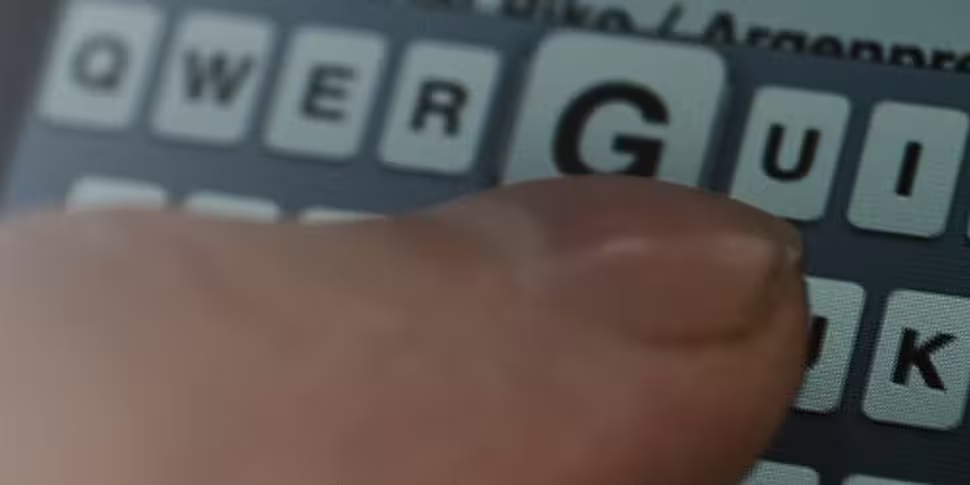The Labour Party has launched a new bill to take on harassment and harmful communications online.
The legislation is intended to tackle gaps in existing legislation and bring Irish law up to date with technology.
The bill would see a jail sentence of up to seven years for so-called 'revenge porn'.
As it stands, legislation covers harmful messages sent in the post as part of the Post Office (Amendment) Act 1951, and the Non-Fatal Offences Against the Person Act 1997.
This means the law only covers post, phone or text messages. The new bill would cover issues such as bullying and harassment online.
"Cases have been taken, but there is no clear, comprehensive, defined law in relation to this matter", Labour leader Brendan Howlin told the Pat Kenny Show here on Newstalk.
Law Reform Commission
The bill draws in part from a recent Law Reform Commission report on harmful communications and digital safety.
"I want to take their proposals and to amplify them.
"To consolidate the two pieces of legislation I've talked about, to modernise it to ensure it captures all forms of modern communication.
"And to ensure that when you do actual harm to people, when you cause alarm and fear to people, that there is a redress that you can have in the court", Mr Howlin says.
Revenge porn
Revenge porn is defined as the act of one or more people distributing sexually explicit images or videos of another, without the consent of that person.
As it currently stands, Ireland is lagging behind a number of countries that have enacted laws against revenge porn - including the UK, Germany and Israel.
Justice Minister Frances Fitzgerald announced last Christmas that her department would introduce porn laws here in 2017.
"It is as harmful and as wounding as someone beating you with a stick", Mr Howlin adds.
The Harassment, Harmful Communications and Related Offences Bill stipulates that any images of an individual cannot be distributed without the permission of that individual.
While Section 10 says that any proceedings against a person under the age of 17 shall not be taken - except with the consent of the Director of Public Prosecutions (DPP).
Mr Howlin says: "This is taken from the Law Reform Commission recommendations, they looked at this - because a lot of this unfortunately is perpetrated by children.
"But we don't criminalise children automatically - but where there is a particularly menacing, damaging, vicious action by a child under the age of 17 that person could be prosecuted, but only with the direct permission of the DPP.
"And that's a safety valve there to protect children - but it's not to say that children couldn't be perpetrators of the most serious of these offences".









